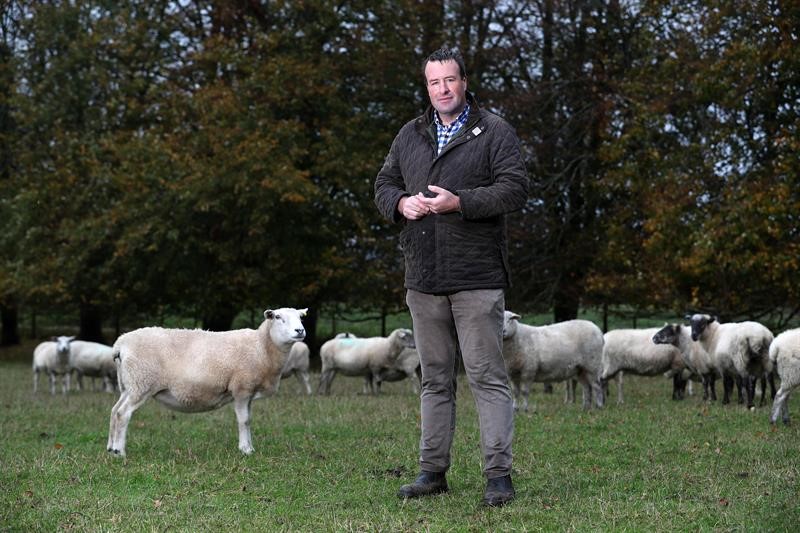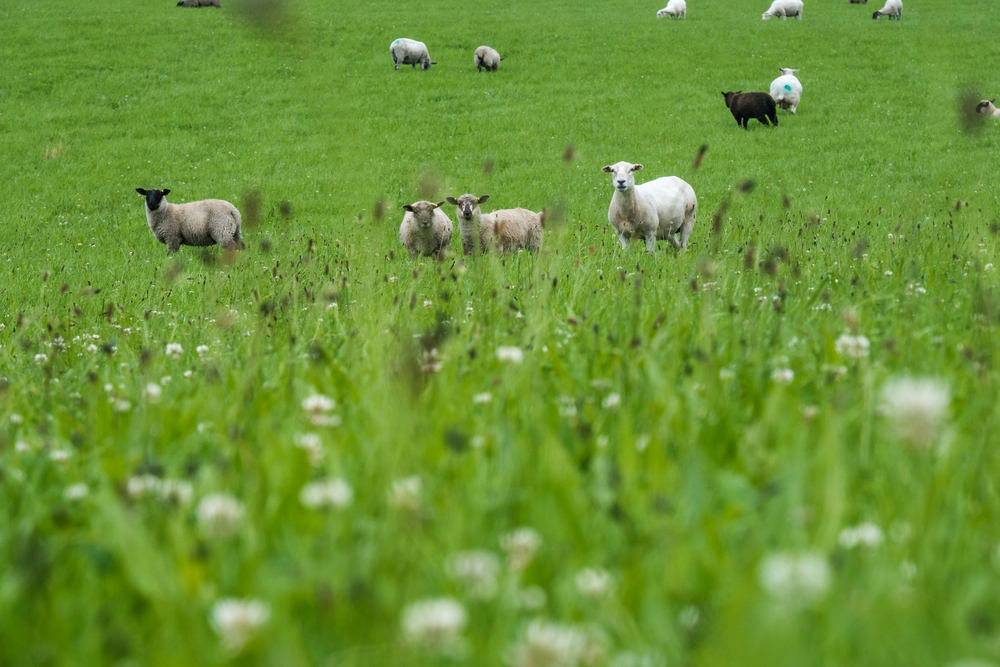NFU Deputy President, Stuart Roberts, sent this letter to the Guardian, Daily Mail and Independent, which all covered the report.
 ?
?
Sir,
Climate change and biodiversity are global issues, but we still have to take into account how production differs around the world so customers can make an informed choice when shopping.
In the UK, 86% of the beef we eat is produced on home soil – beef which is predominantly grass-fed, grazed on grassland which protects biodiversity, and emits half the amount of greenhouse gases other countries do on average. It is therefore misleading to imply that all meat and dairy products are as harmful to the environment as those which come from the world’s worst farming systems.
It is also misleading to suggest that all plant-based food, no matter where and how it is produced, is always the more sustainable option.
British farmers strive to produce food in the most nature-friendly way possible – whether it’s meat, dairy, eggs, cereals, or fruit and veg. This means working in harmony with our natural resources, but also working efficiently so we can sustainably feed a growing global population.
While not every country has the same environmental priorities, British farmers are proud to produce quality food while encouraging wildlife and biodiversity. So whether you eat meat and dairy or not, buying British is the best route to an environmentally-friendly diet.
Stuart Roberts
NFU Deputy President
